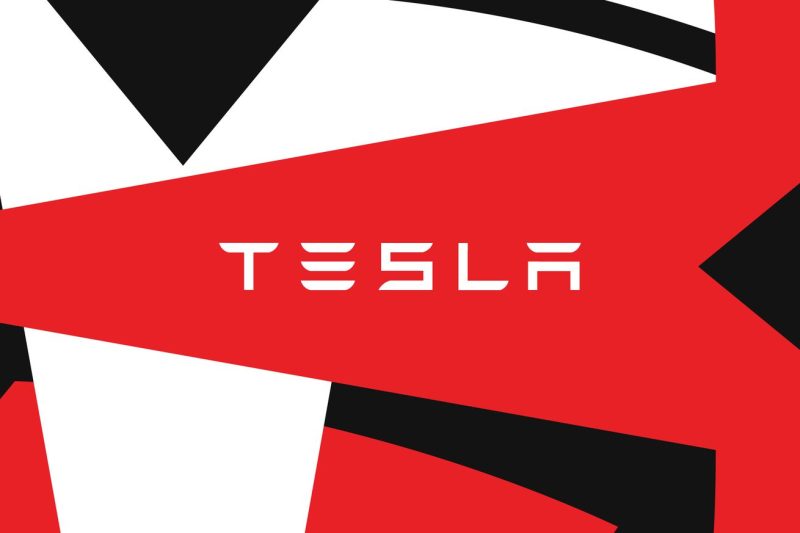
Tesla Heads Back to Court: Autopilot Under Fire for Deadly 2018 Crash
In the world of autonomous driving technology, the role of artificial intelligence and advanced sensors has been a subject of both fascination and contention. Tesla, a pioneer in electric vehicles and a leader in self-driving capabilities with its Autopilot feature, has found itself in the spotlight yet again as it faces legal action over a deadly 2018 crash.
The incident in question occurred when a Tesla Model S, operating in Autopilot mode, crashed into a concrete barrier on a highway in California, resulting in the tragic death of the driver. The aftermath of this accident has raised serious ethical and legal questions about the level of responsibility that should be attributed to the technology and the company behind it.
One of the primary issues at the heart of this case is the extent to which Tesla’s Autopilot system was capable of safely navigating the vehicle without human intervention. Autopilot is designed to assist drivers with tasks such as steering, acceleration, and braking, but it is not a fully autonomous system. Drivers are still required to remain alert and ready to take control at a moment’s notice.
Critics argue that Tesla may have oversold the capabilities of Autopilot, leading some users to place undue trust in the system and become complacent behind the wheel. This case serves as a cautionary tale about the potential dangers of overreliance on semi-autonomous driving features and the importance of maintaining situational awareness while using such technologies.
In response to the lawsuit, Tesla has maintained that Autopilot is intended to improve overall driver safety and that users are always reminded of the need to pay attention and keep their hands on the wheel. The company emphasizes that Autopilot is not a substitute for attentive driving and that drivers are responsible for remaining engaged and in control of the vehicle at all times.
Beyond the legal implications, this case raises broader questions about the future of autonomous driving technology and the ethical considerations that come with it. As self-driving features become more prevalent in modern vehicles, it is crucial for manufacturers, regulators, and consumers to have a clear understanding of the capabilities and limitations of these systems.
The outcome of this legal battle could have far-reaching implications for the automotive industry and the development of autonomous driving technology. It serves as a stark reminder that innovation must always be accompanied by a strong emphasis on safety, accountability, and responsible use.
As the world continues to march towards a future where self-driving cars are a common sight on the road, cases like this one serve as essential milestones in shaping the way we approach the intersection of technology and human responsibility. The lessons learned from incidents such as the 2018 Tesla crash will undoubtedly play a significant role in shaping the future of autonomous driving and ensuring that safety remains a top priority for all stakeholders involved.
